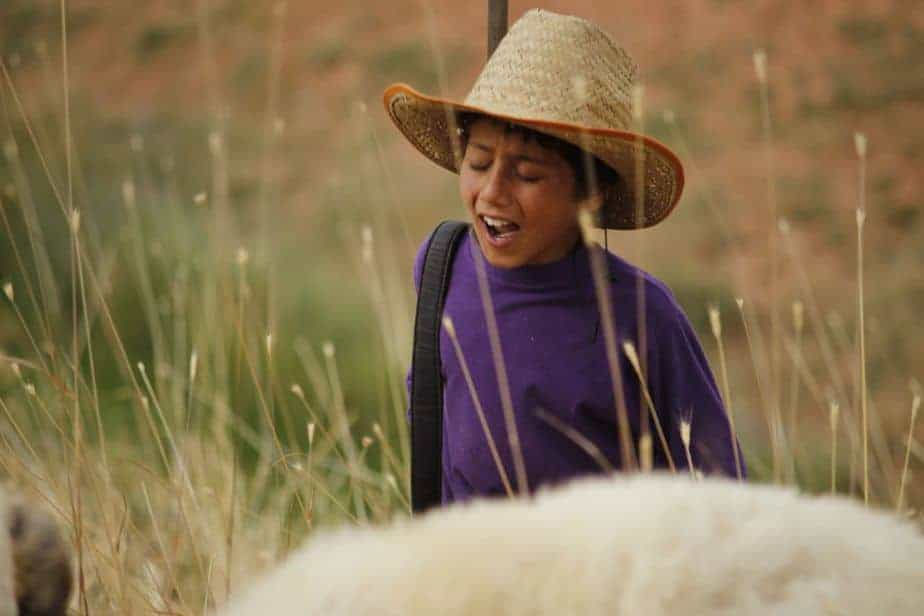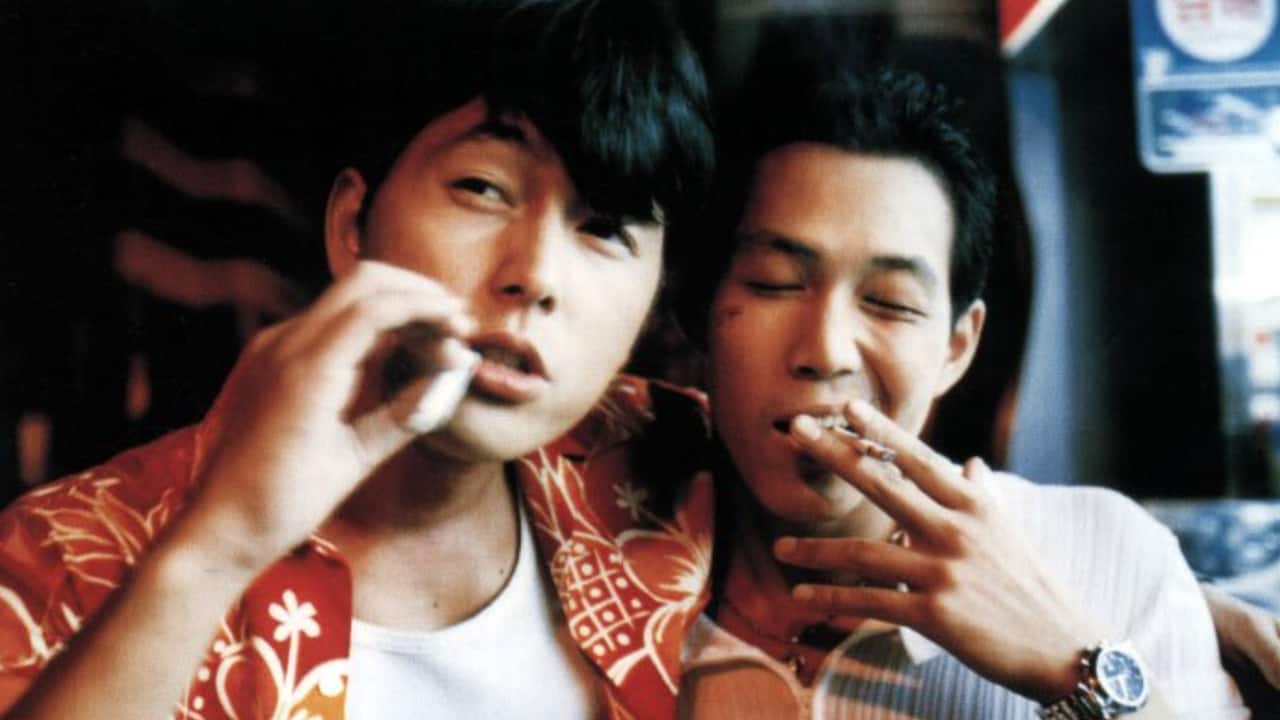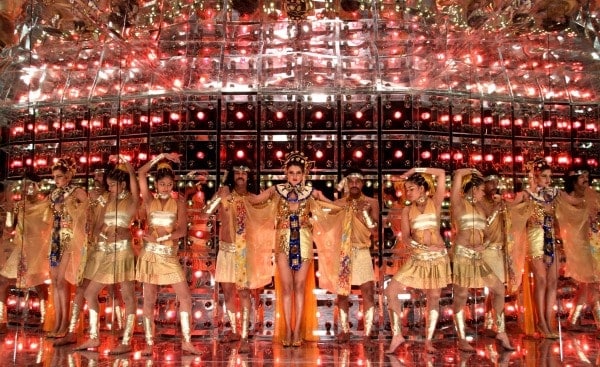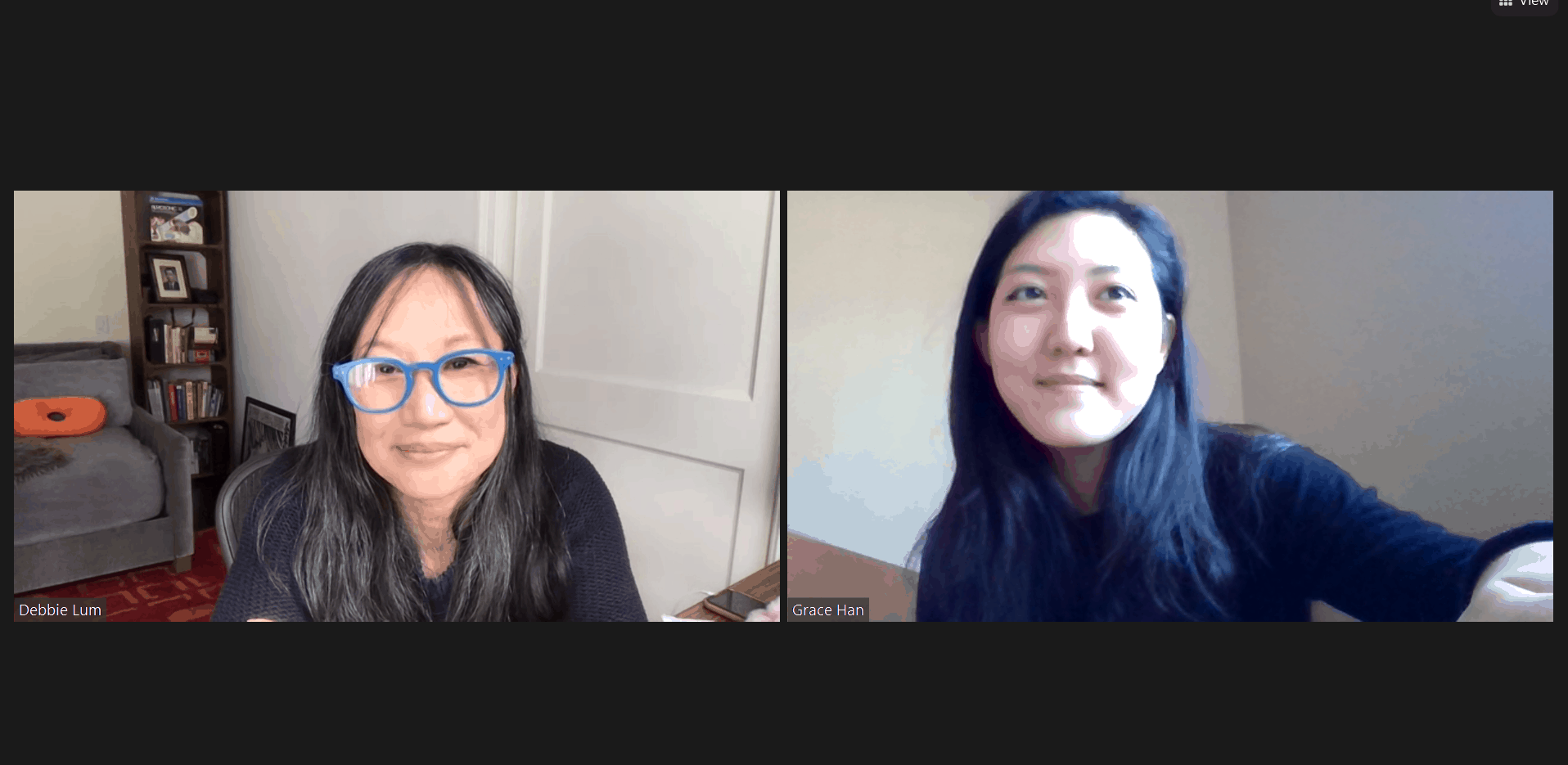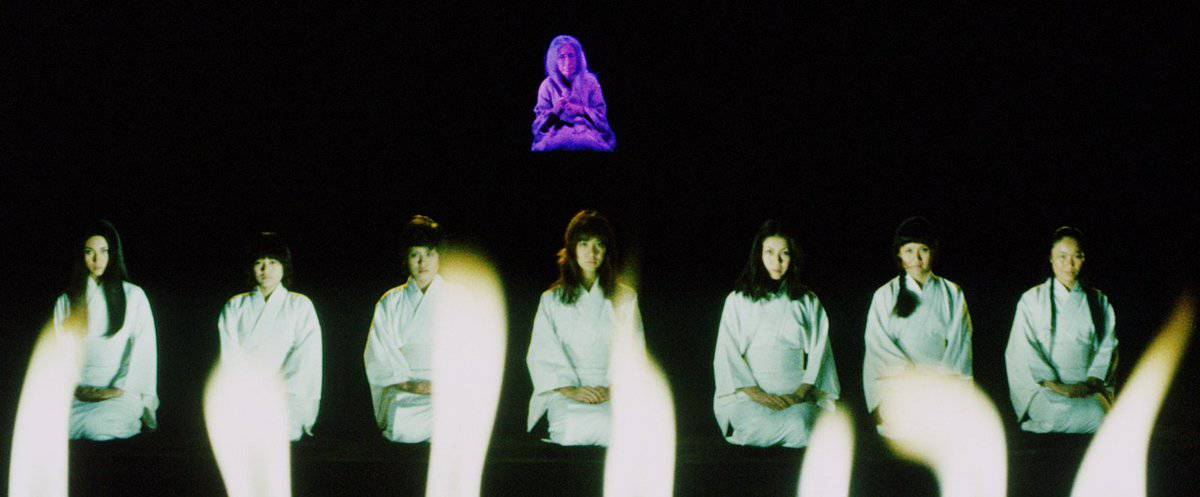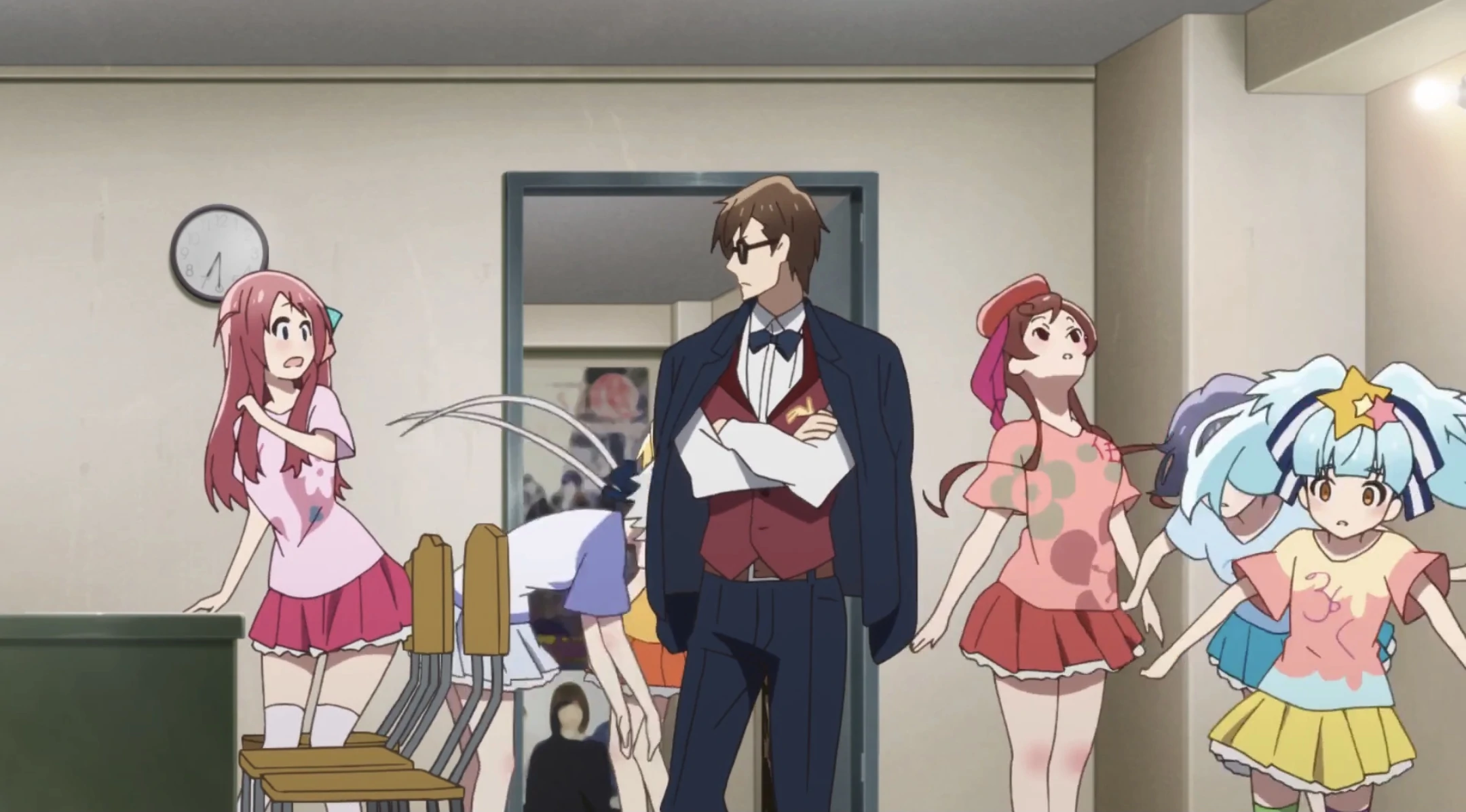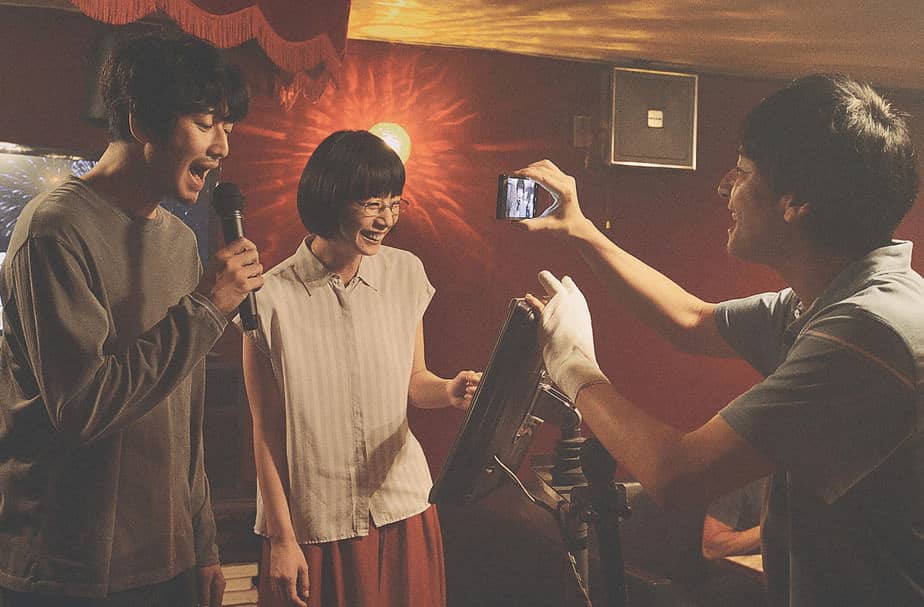It is always a pleasure for a filmmaker when he finds a subject that is unique, as it is captivating, and Jafar Najafi found his in the face of a shepherd boy in the hillsides of Iran.
Asho screened at the 22th Thessaloniki Documentary Festival

Asho is foremost a film buff, who watches countless of movies on his cracked tablet and even names his sheep after actors, actresses and even politicians, depending on their hairstyle. He dreams of becoming an actor/celebrity, and Najafi seems to grant him his wish through this documentary, who portrays Asho's life just like a movie, despite the fact that everything shows is real.
In that fashion, after we learn of Asho's dreams and favorite actresses (Jodie Foster and Monica Belucci), directors (Tim Burton) and after a number of insults to the director due to his lack of knowledge about movies, the documentary focuses on Asho's actual life, which is nothing less than cinematic. He is betrothed for many years with his beautiful cousin of the same age, Pira, but, although there is love between them, a number of issues frequently rear their ugly head. Pira does not want Asho to become an actor in fear of losing him, but when she declares to Najafi that she wants to be one, she brings upon both her and the director, the wrath of the boy, who thinks that women are to stay home and deal with housekeeping and raising children. The argument brings friction to the couple and the appearance of another cousin leads to violence.
As Asho becomes more sincere about his feelings to both Pira and the director, the tension is unleashed somehow, and the subject turns once more, to movies.
The most obvious trait of “Asho” is that the film is hilarious. The fact that the boy already conducts himself like a superstar, the insults to the director, and that the two children, in essence, act like grown up husband and wife (whining, jealousy and fighting included) are bound to make the viewer laugh. Furthermore, Asho is a definite star in the making, with his attitude in front of the camera being one of a distinct show-off, and not bound by any kind of shyness.
One could say that there is also some critique about the custom of betrothing people since almost their birth and the role of women in Iranian society, but the focus of the documentary is more on entertainment through Asho's behaviour, pushing this aspect to the far background.
The combination of all the aforementioned with the excellent cinematography of Ahmad Babadi who manages to capture the beauties of the setting without detracting from the main subject, and Huda Arshad Riahi's editing, which induces the short with a very fast pace through his frequent cuts, result in a film that is a true joy to watch, and in essence, to experience.
Not much more to say, after watching “Asho”, the viewer is bound to want to meet the boy and cheer for his future success in both romance and show business.


